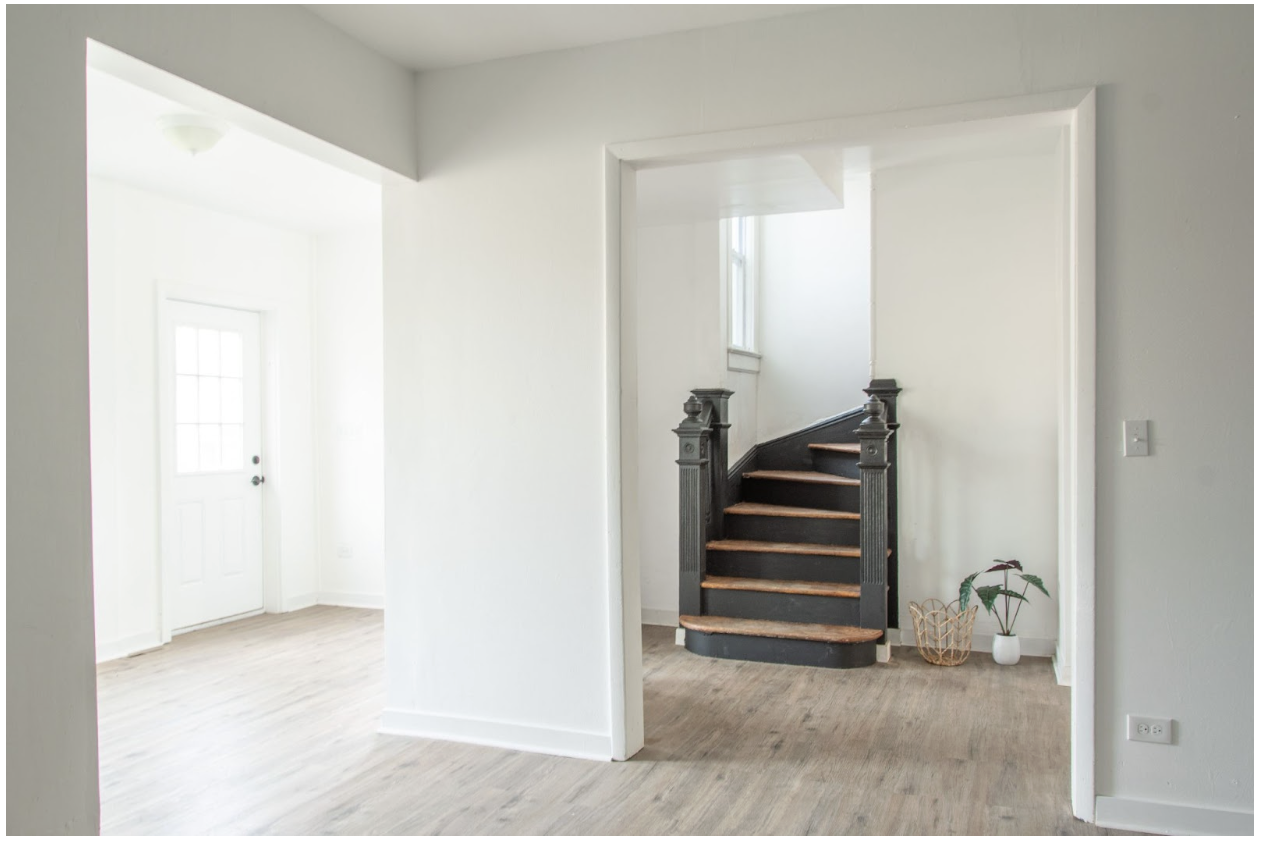Hi lovelies,
House-flipping has become increasingly popular over the years as a means of earning a quick profit in real estate. However, it's not as easy as it may seem on popular TV shows. There are several things to consider before jumping into the house-flipping business. In this article, we'll explore some of the essential considerations that you need to keep in mind if you're considering house-flipping.
Understand the Market
Real estate markets vary from one location to another, and understanding the market you're operating in is crucial. Do your research on the local real estate market to determine if it's conducive to house-flipping. For instance, if you're in a market that's experiencing a boom, the chances of making a profit from house-flipping are high. In contrast, if the market is slow, it's likely that the flipping process will take longer, and you may not make the desired profit.
Set a Budget
Before you start flipping, set a budget and stick to it. Determine how much you can afford to spend on a property, renovations, and other related expenses. Remember that any money you put into the property will affect your profit margins. You need to ensure that you don't overspend on renovations or repairs.
Plan for Unexpected Expenses
It's not uncommon for unexpected expenses to crop up when flipping a house. Therefore, it's crucial to have a contingency plan for unexpected expenses. Plan for at least 10% to 20% of the budget to cater to any unforeseen expenses that may arise.
Consider the Neighborhood
When flipping a house, it's crucial to consider the neighborhood. A good neighborhood increases the chances of making a profit on the property. Research the area's amenities, schools, and crime rates to determine if it's a good investment. Remember that even if you renovate a property to a high standard, if the neighborhood is subpar, it may be challenging to sell the property.
Have a Solid Plan
Before purchasing a property, you need to have a solid plan for what you want to achieve. Determine what type of renovations the property requires and how much they will cost. Having a plan ensures that the flipping process runs smoothly and on budget.
Know When to Walk Away
Not every property is worth flipping. It's crucial to know when to walk away from a property that may not be profitable. Before buying any property, ensure that it meets your desired specifications, budget, and projected profit margins. Remember that it's better to walk away than to end up with a property that won't sell or will take too long to sell.
Hire Professionals
House-flipping is not a one-person show. You'll need to work with a team of professionals to ensure that the flipping process runs smoothly. Hire professionals such as contractors, electricians, and plumbers to ensure that the property is renovated to a high standard. A real estate agent can also help you sell the property once the renovations are complete.
Typical Areas To Upgrade
When flipping a house, it's crucial to upgrade specific areas of the property to increase its value and appeal to potential buyers. Here are some typical areas to upgrade:
Kitchen: The kitchen is often the heart of the home and can be a significant selling point. Consider upgrading the countertops, cabinets, and appliances to give the kitchen a modern look.
Bathrooms: The bathrooms are another critical area that buyers look at when purchasing a property. Upgrade the fixtures, tiling, interior window treatments and lighting to give the bathroom a fresh and modern look.
Curb appeal: The exterior of the house is the first thing that potential buyers see, so it's essential to give it a good first impression. Consider repainting the exterior, updating the landscaping, and repairing any damaged areas.
Flooring: Old and outdated flooring can be a turn-off to potential buyers. Consider upgrading the flooring to hardwood, laminate, or tile, depending on the room's function.
Lighting: Good lighting can make a big difference in a property's appeal. Consider upgrading the lighting fixtures to give the property a modern and well-lit look.
When upgrading these areas, it's crucial to strike a balance between cost and value. Upgrades that add value and appeal to buyers without breaking the budget are the most ideal.
In Conclusion
Flipping a house can be a profitable business venture. However, it's crucial to understand the market, set a budget, plan for unexpected expenses, consider the neighborhood, have a solid plan, know when to walk away, and hire professionals. With these considerations in mind, you can increase your chances of making a profit from flipping a house.


